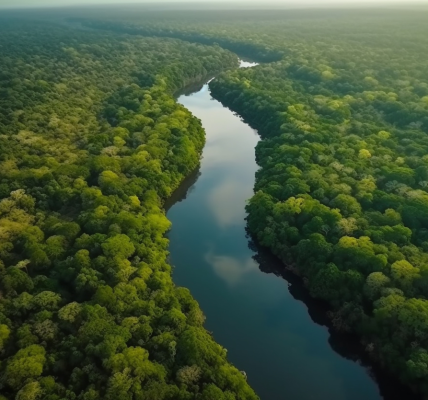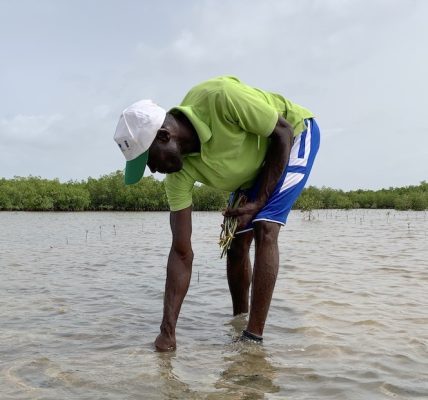By: Alexis Leroy
As Mother’s Day approaches, we are invited to honor the women who raise us and recognize the women who raise the very foundations of sustainability and justice across the Global South. Their role is not symbolic. It is structural. As the world faces compounding climate, social, and economic crises, acknowledging their leadership is not just a moral imperative but a strategic necessity.
From the Amazon to the Congo Basin, from Southeast Asia to the Sahel, women have long led the way in defending natural resources, sustaining community cohesion, and preserving intergenerational knowledge. In the face of climate shocks, political instability, and extractive economic models, their leadership often emerges not from institutional mandates but from necessity and resilience.
However, global frameworks for climate finance, carbon markets, and green infrastructure have yet to fully integrate this leadership. Women remain systematically excluded from decision-making spaces, especially in finance, land governance, and the design of climate policy. The result is a dangerous mismatch: those most attuned to local ecosystems and social fabrics are often furthest from the resources and authority to drive change.
This disconnect must be addressed—not only in the name of equity, but in the interest of effectiveness.
Investment strategies in the Global South need a gender lens not as a checkbox, but as a core design principle. Projects with women at the center yield better outcomes in resilience, biodiversity, education, and long-term returns. Yet, only a fraction of climate and development finance is directly accessible to women-led organizations or designed with gender-responsive safeguards.
Policymakers must go beyond rhetorical commitments. Nationally Determined Contributions (NDCs) under the Paris Agreement must be backed by gender-inclusive implementation frameworks. Article 6 mechanisms must incorporate equity safeguards that ensure local women benefit from results-based finance and are not sidelined by technical gatekeeping. Development banks and private funds must reallocate capital flows to intentionally support women’s leadership in nature-based solutions, clean energy access, regenerative agriculture, and circular economies.
This is not philanthropy. It is risk mitigation. It is good governance. It is smart economics.
The leadership of women in the Global South is not emerging. It has always been there—resilient, strategic, and quietly transformative. What must change is our collective willingness to finance, protect, and replicate that leadership at scale.
On this Mother’s Day, let us recognize that the most radical act of motherhood may be the one that nurtures not just families, but the planet. The future is not built solely in boardrooms or summits. It is being woven daily by women across the Global South—against all odds, and often without recognition.
They are not waiting for the world to change.
They are already changing it.






